Make no mistake: The effects of climate change on Africa are happening right in front of our eyes:
- Climate change is devastating Africa, causing cyclones, floods, and billions of dollars in damage each year.
- Small-scale farmers in Kenya are being ravaged by unpredictable weather caused by climate change.
- The effects of climate change in Africa mean that some parts of the continent will be harvesting 30% less food in the next 10 years.
- In some parts of the continent, the effects of climate change on Africa means that the average temperature has already exceeded the 1.5°C global benchmark.
Burning fossil fuels are accelerating climate change in Africa.
Why should I be worried about climate change in Africa?
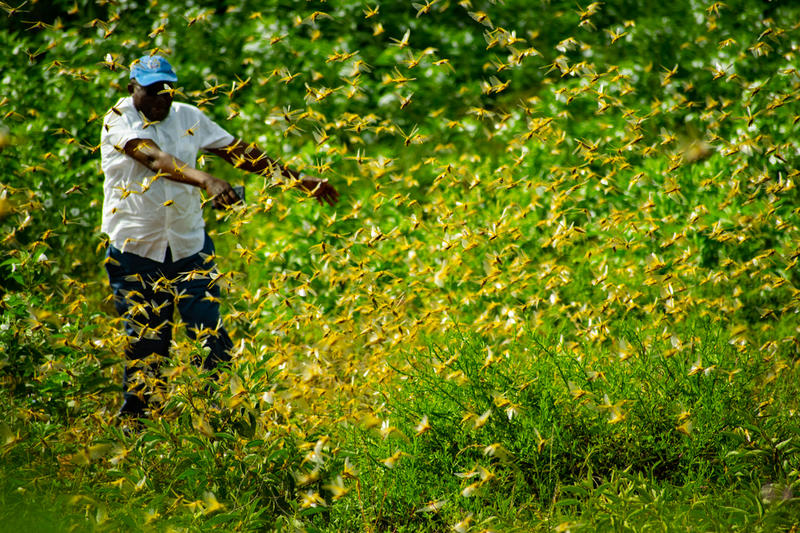
The Greenpeace report, Weathering the Storm: Extreme weather events and climate change in Africa, has made it clear: The effects of climate change on Africa are real and happening right now. Because of climate change, Africa is heating up and drying out, and this heat is set to increase to a possible range of 3°C to 6°C by the end of the 21st Century if Africa’s reliance on dirty fossil fuels continues. The catastrophic effects of climate change in Africa include:
- Heatwaves that are longer and more severe than those seen before
- More devastating droughts
- Unpredictable rainfall
- The extinction of indigenous plant and animal species
- Local populations that are unable to cope with drastic changes in weather patterns and tropical storms
The Intergovernmental Panel on Climate Change’s (IPCC) sixth annual report released in August this year has spelled out in graphic detail the catastrophic effects of global climate change: We are already living in one of the hottest periods in history, and the effects of climate change on Africa will be disastrous. The effects of anthropogenic climate change in Africa (climate change caused by human activity) has led to extreme weather events like excessive rainfall over desert regions, which has caused the worst locust swarms to hit Kenya in more than 70 years. The effects of climate change on Africa has also resulted in consistently high temperatures during the day and night in parts of the continent for prolonged periods, meaning that people are unable to regulate their body temperature and often succumb to heat related health issues or even death.
Extreme Weather in Africa and the Climate Crisis
What are the factors causing climate change?
1. Deforestation is causing climate change in Africa
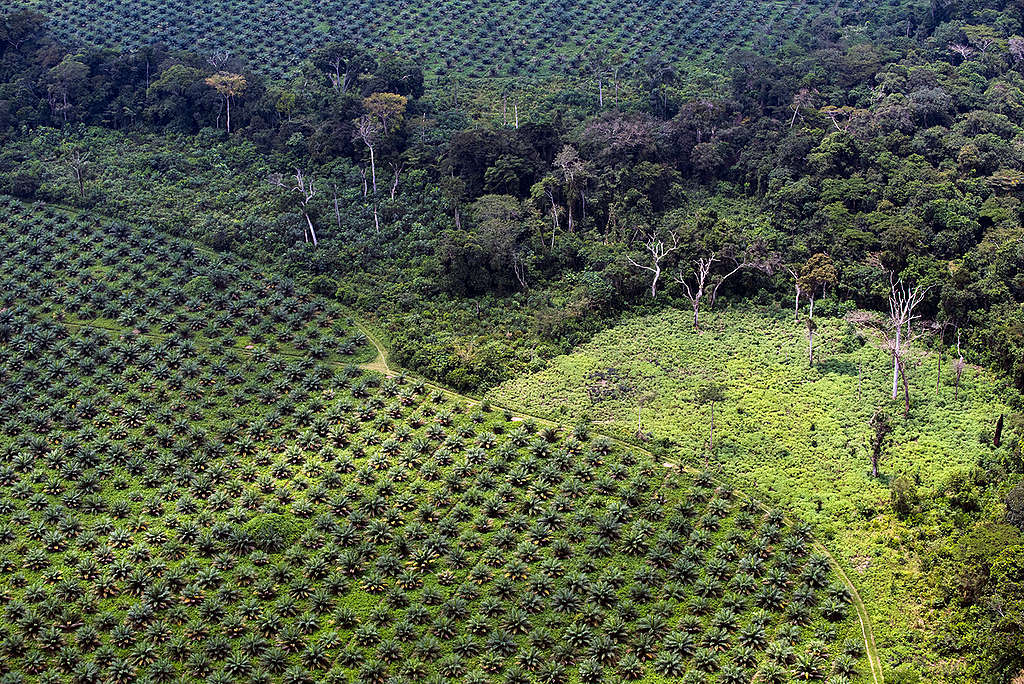
Climate change, and its effects on Africa, is being accelerated through deforestation. While forests provide a home to thousands of endangered plant and animal species, in addition to vulnerable local communities, they also fight the effects of climate change in Africa through storing huge amounts of carbon above and below ground. Certification schemes, such as those by the Forest Stewardship Council, are no guarantee against the effects of climate change being caused by deforestation, as these have been shown to be largely ineffective against widespread corruption and illegal deforestation and many major corporations such as Unilever have failed to reach their deforestation commitments. The effects of climate change in Africa are also being exacerbated by corrupt and illegal logging concessions in these environmentally sensitive areas. Greedy politicians are either unaware or do not care about the vitally important role that forests play in fighting the effects of climate change in Africa, and are awarding huge logging and fossil fuel exploration tenders to politically connected companies and individuals.
Fight the effects of climate change in Africa by SIGNING THE PETITION to stop the illegal and unsustainable deforestation of the Congo Basin forest.
“Logging in the Congo Basin is a building block of local corruption and abuse of human rights.”
Irene Wabika Betoko, Greenpeace Africa International project leader for the Congo Basin forest.
2. Fossil fuel emissions are causing climate change in Africa
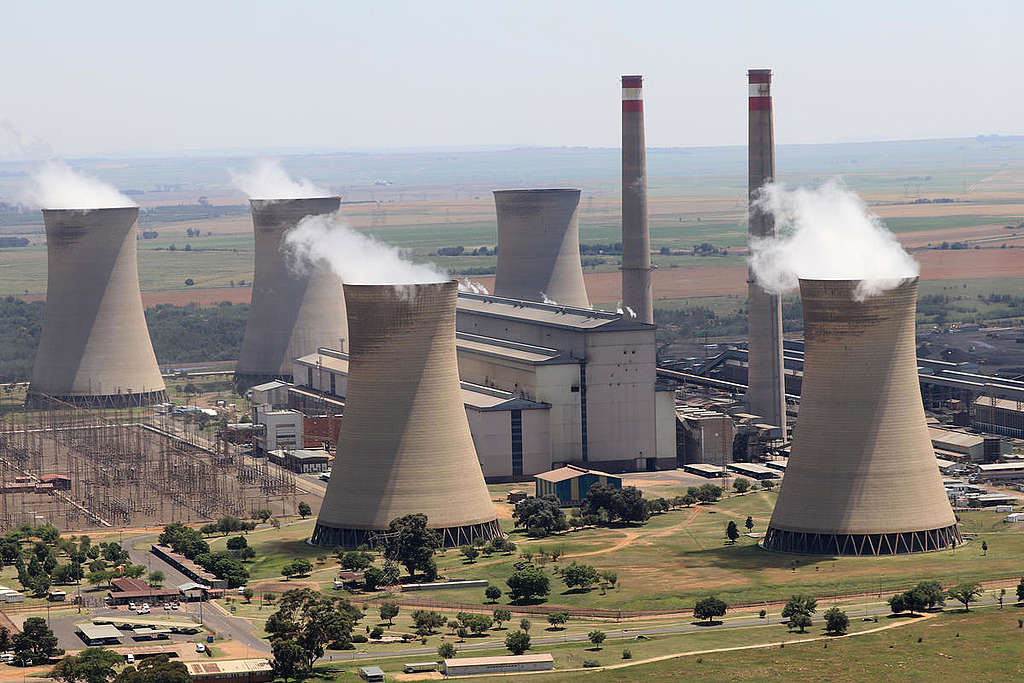
The fossil fuel industry is driving the effects of climate change in Africa and the world through their pollution of our air, water and soil. In order to mitigate the effects of climate change in Africa and elsewhere, we have to limit global warming to 1.5°C at pre-industrial levels, yet the fossil fuel industry is currently locking in fossil fuel exploration and development that guarantees we smash through that limit in the next 10 to 15 years. Energy generated by fossil fuels such as coal, nuclear and gas, while contributing to the effects of climate change in Africa, are also huge wasters and polluters of Africa’s dwindling freshwater supply. Not only are fossil fuel emissions causing climate change in Africa, but they are also poisoning the very air that we breathe. Toxic fossil fuel emissions are causing asthma in children, premature deaths, a rise in sick days and hospital visits, and even preterm births.
PULLQUOTE: “This is a problem that we know how to solve, by urgently shifting away from coal-fired power stations and towards renewable energy in a Just Transition.”– Bukelwa Nzimande, Climate and Energy campaigner for Greenpeace Africa.
“This is a problem that we know how to solve, by urgently shifting away from coal-fired power stations and towards renewable energy in a Just Transition.”
Bukelwa Nzimande, Climate and Energy campaigner for Greenpeace Africa.
3. Industrial farming is causing climate change in Africa
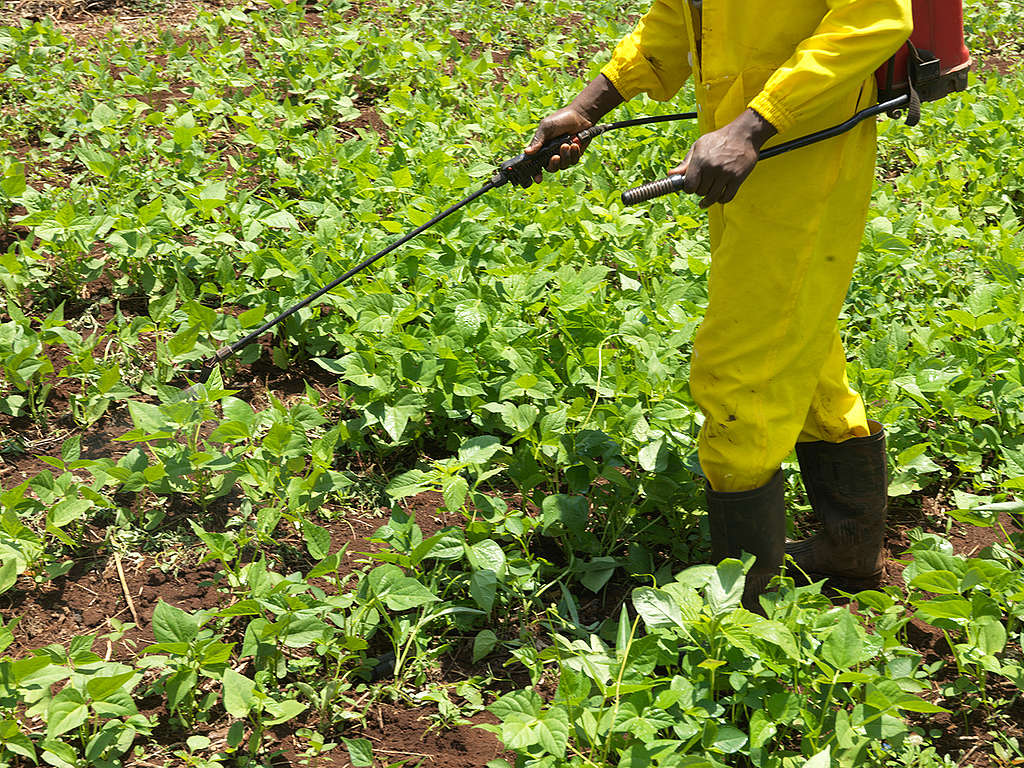
A shocking 14% of total greenhouse gases caused by human activity are linked to industrial-scale agriculture.farming, the use of pesticides and animals being used for food. Industrial agriculture contributes to 25% of global greenhouse gas emissions. These greenhouse gases are causing climate change in Africa and the rest of the world, and are adversely affecting people, and biodiversity. plant and animal life. Industrially produced fertilisers and pesticides contribute to the effects of climate change in Africa as because they are produced by fossil fuel heavy industries. They are also devastating to soil and water systems that carry them for many years after they are used. Large foreign corporate industries, many of them directly responsible for the effects of climate change in Africa, sell African farmers the false narrative idea that industrial-scale farming using these fertilisers and pesticides on monocrops, is the only way to produce enough food for their communities and for export. In a cruel twist of fate, these monocrops are less resistant to severe weather events,leaving communities food insecure. which are themselves the direct effect of climate change in Africa. Under the guise of development and philanthropy, these foreign interests encourage land grabbing from local communities for commercial industrial farming, which is resulting in vast areas of pristine environment being destroyed,inturn exacerbating the effects of climate change for local communities. for the use of industrial agriculture. The effects of climate change on Africa are being exacerbated by this destructive process. 25% of global greenhouse gas emissions are caused by this senseless destruction of the environment.
Learn how Kenya and Malawi are fighting the effects of climate change in Africa using ecological farming methods.
Who is being affected by climate change in Africa?
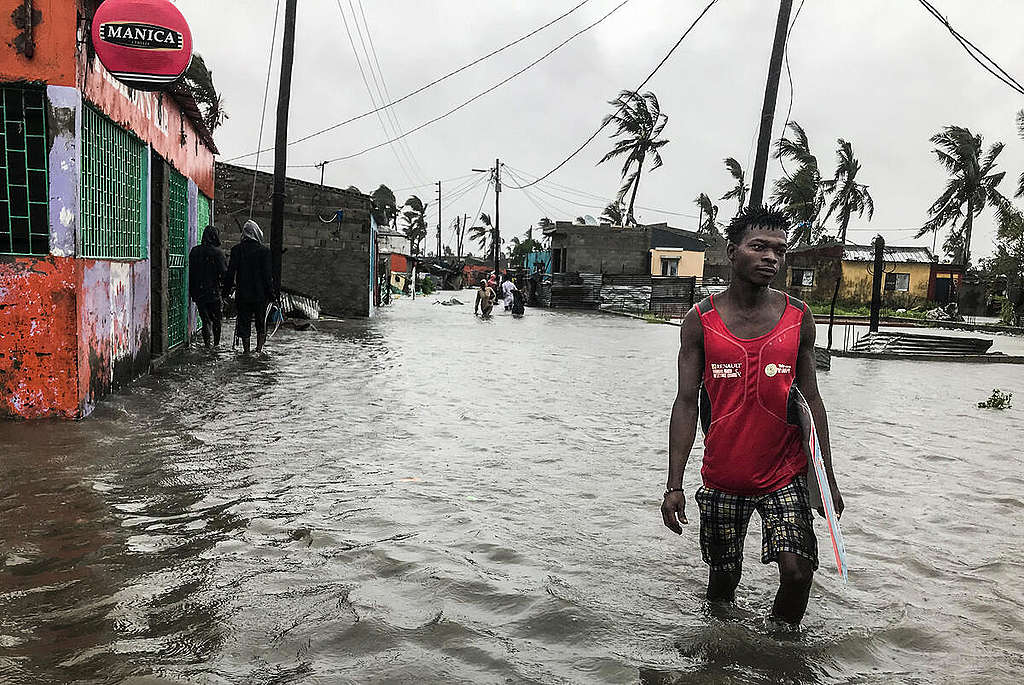
Climate change will affect Africa differently. The effects of climate change in Africa will result in heavier and less predictable precipitation in East Africa, while the Northern and Southern African sub regions will experience drier periods and less rain due to the effects of climate change. It won’t only be humans who will be affected by climate change in Africa. Plant and animal life will suffer as well. In October 2019, over 50 elephants died from thirst and starvation due to the effects of climate change in Zimbabwe’s Hwange National Park. As Amos Wemanya, a Greenpeace Africa campaigner based in Kenya has stated, everyone will be affected by climate change in Africa eventually if we do not end our harmful relationship with fossil fuels, protect the forests that are our green lungs, and transform our agricultural sector immediately.
As always, it will be the most vulnerable and unprotected that suffer the effects of climate change in Africa the most. It is only through the power of consequence and standing together as one that we can hope to fight against the effects of climate change on Africa.
PULLQUOTE: “Climate change presents us with the opportunity to redefine the relationship we have with systems of power and economics.”– Happy Khambule, Greenpeace Africa senior climate and energy campaign manager.
“Climate change presents us with the opportunity to redefine the relationship we have with systems of power and economics.”
Happy Khambule, Greenpeace Africa senior climate and energy campaign manager.
Who is causing climate change in Africa?
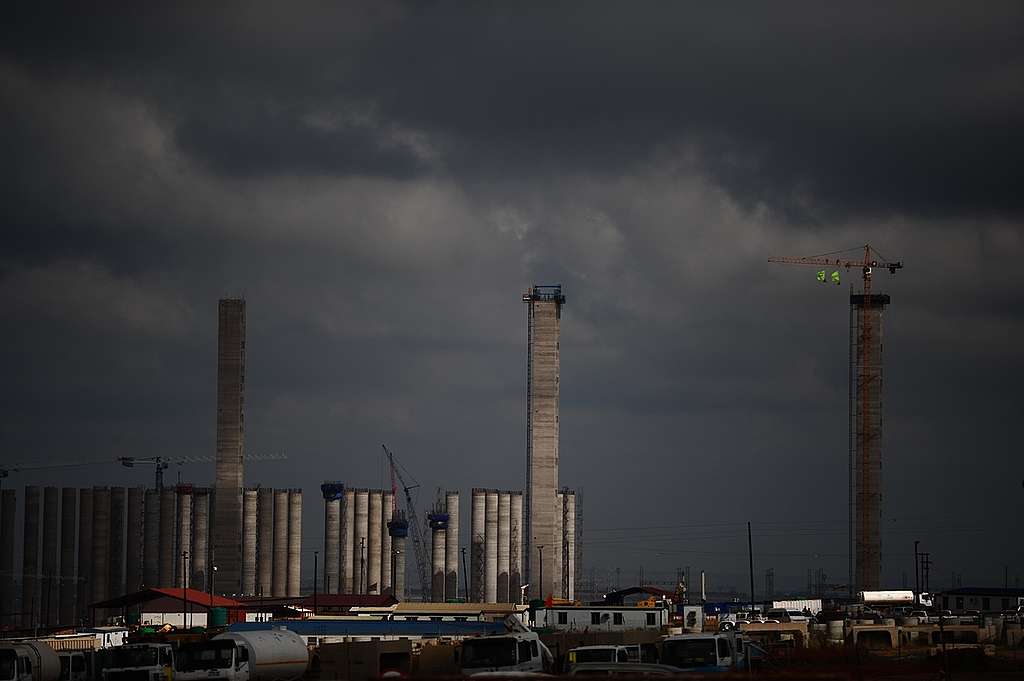
© Shayne Robinson / Greenpeace
- Eskom is South Africa’s primary electricity supplier, and a major contributor to the effects of climate change in Africa due to their addiction to dirty fossil fuel. According to Eskom’s CEO, Andre de Ruyter, the parastatal contributes a whopping 44% to South Africa’s carbon emissions, and is “25% more carbon intensive than China.” Eskom, along with other corporate polluters such as Sasol, cause climate change through high emissions of toxic gases like sulphur dioxide (SO2), that have been proven to accelerate the effects of climate change in Africa. South Africa’s Department of Environment, Forest and Fisheries (DEFF) is directly responsible for the effects of climate change in Africa through its decision to weaken the minimum emission standards (MES) applied to these toxic industries that are causing climate change in Africa.
- The government of the Republic of Uganda and the government of the United Republic of Tanzania have signed a deal that will accelerate the effects of climate change on the communities and environments in their countries. The East African Crude Oil Pipeline (EACOP) will run for over 1400km and pump crude oil from Uganda to Tanzania’s port of Tanga. This project will foster a dependence on outdated and harmful fossil fuels, which are largely responsible for the effects of climate change. Vulnerable communities and ecosystems will be most affected by this project, despite the abundance of cheap and reliable renewable energy resources.
“We are living in a climate crisis fuelled by fossil fuels, which may have catastrophic impacts on the African continent.”
– Amos Wemanya, Greenpeace Africa campaigner, Kenya
- Halcyon Agri is one of the world’s largest rubber and rubber product producers. Through its campaign of destructive deforestation in Cameroon, this company and its subsidiaries are contributing to the effects of climate change in Africa, in addition to displacing indigenous people that rely on these forests to survive, and are encroaching on recognised world heritage sites.
- ReconAfrica is a Canadian oil and gas exploration company that is causing climate change in Africa through oil and gas exploration and extraction. According to its own website, ReconAfrica has already acted on an exploratory licence covering over 34,000 square kilometres of the environmentally-sensitive Kavango region in Southern Africa by sinking wells in their search for oil and gas. This spells disaster for climate change and its effects in Africa. The Kavango region is home to the Okavango Delta, a source of fresh water and food to thousands of species of plants and animals, in addition to the Khoe and San people that live there. ReconAfrica’s project will effectively mean that Botswana and Namibia will contribute in excess of 50 gigatonnes of CO2 into the atmosphere over a 25 year period. The effects of climate change on Africa will be irreversibly worsened by this project. Ina-Maria Shikongo of Fridays for Future Windhoek is already intimately familiar with the effects of climate change on her home. “Already Southern Africa is experiencing record temperature hikes and severe water shortages, more than other regions on the planet.”
SEND AN EMAIL to the Namibian president right now so that we can save the Okavango Delta and prevent the effects of climate change on Africa.
What can you do about climate change in Africa?
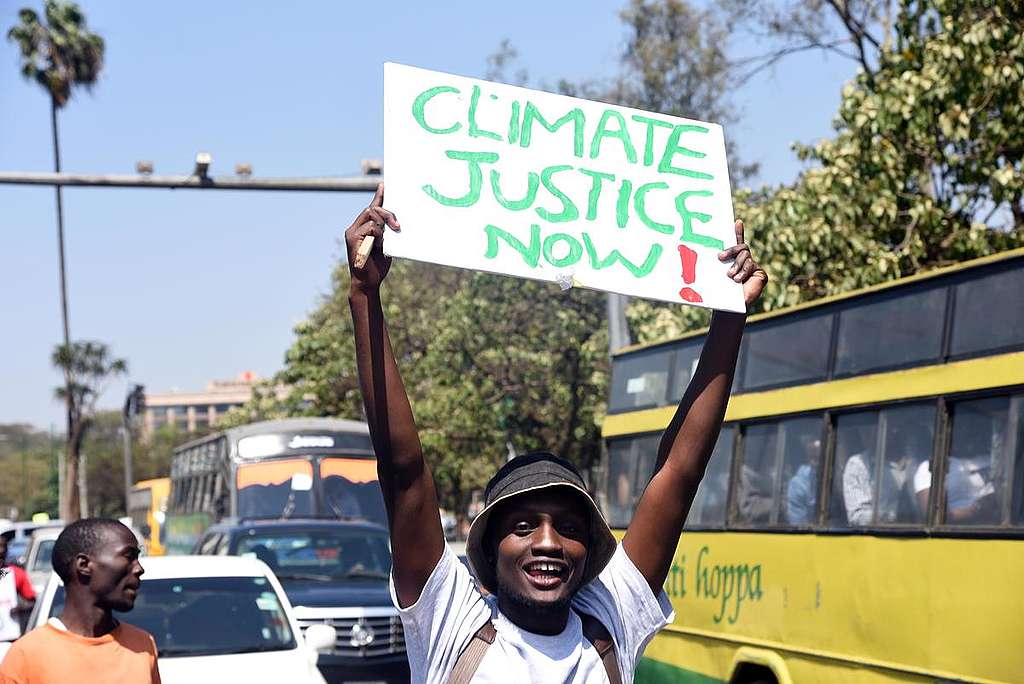
Climate change, and its effects on Africa and the world, is a social justice issue. Our false dependence on fossil fuels, one of the main drivers of the effects of climate change, is part of a complicated capitalist system that is hundreds of years old, and is affecting women, children and marginalised communities the most severely.
This system has to be stopped right now.
Africa is burning as the effects of climate change rip through her communities and destroy her plants and animals. The 10 hottest years on record have all been since 2005, and some parts of the continent have already exceeded the 1.5°C increase in temperature that scientists have predicted could be catastrophic.
You can help
- Join Greenpeace climate activists in demanding that African heads of government put climate change and its effects on Africa, her people, animals and plants at the top of their agendas by SIGNING THIS PETITION.
- CALCULATE your carbon footprint to find out how you are contributing to the effects of climate change on Africa, and what you can do to change your lifestyle and make a difference.
- Don’t believe the renewable energy myths that governments in Africa are telling us. EDUCATE yourself on why renewable energy is one of the main ways we can fight the effects of climate change on Africa, and pledge your support of renewables.
Semantically related keywords: Eskom, Andre de Ruyter, ReconAfrica, fossil fuels, nuclear energy, EACOP, DEFF, Congo Basin, Unilever, Halcyon Agri, FSC, FFF, greenhouse gases, ecological farming, industrial farming, renewable energy, pollution.

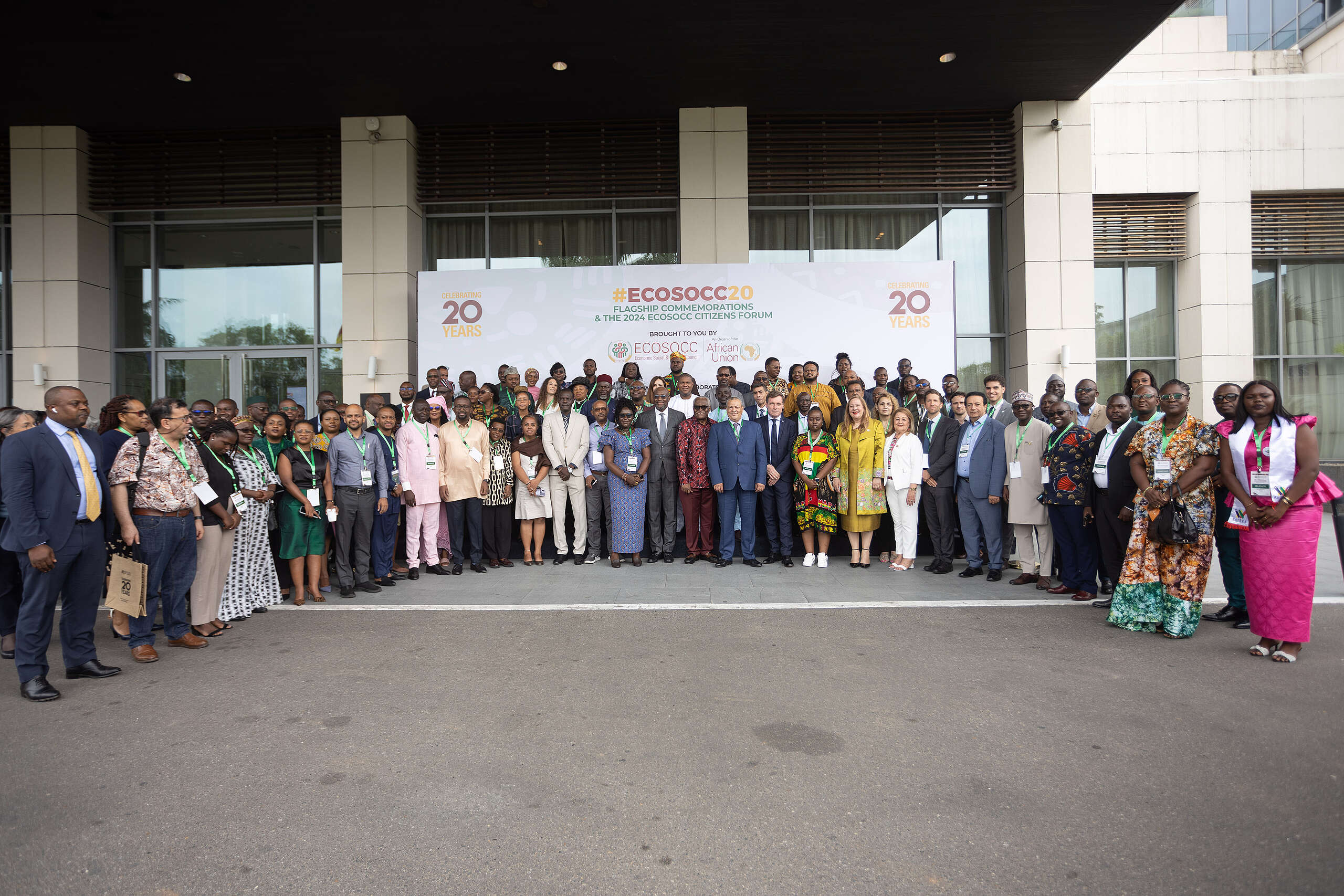

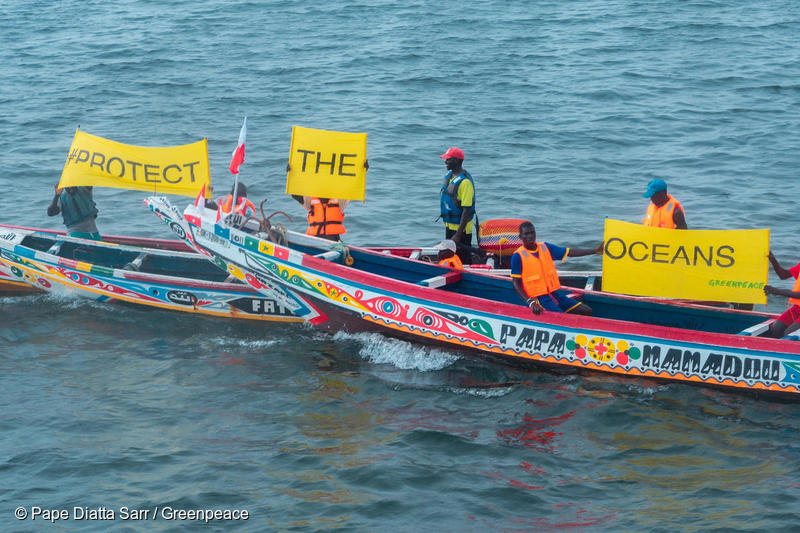
Discussion
Planting more trees are needed worldwide. My Rwenzori drying day and night, if the government witnesses the importances of the mountain it would come immediately for rescue.
Thank you for your comment.